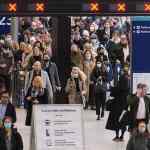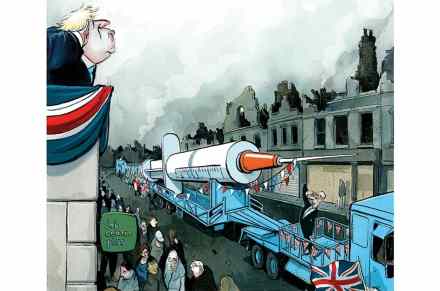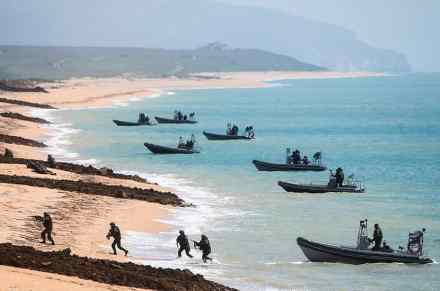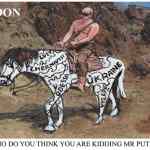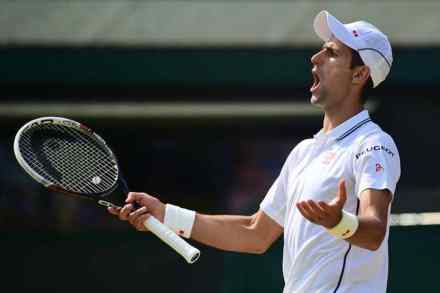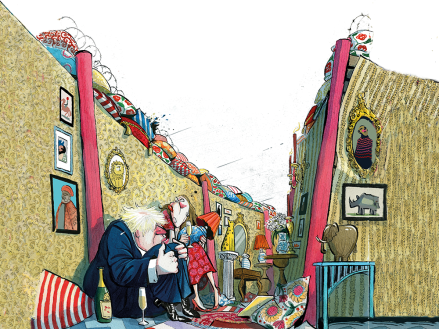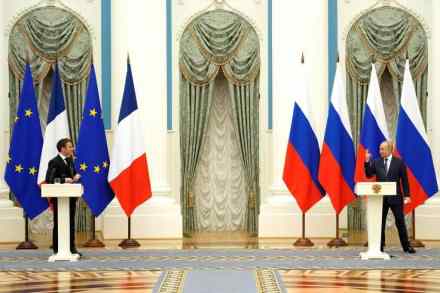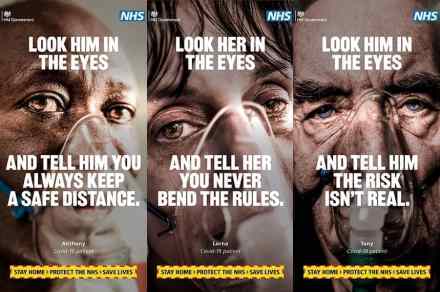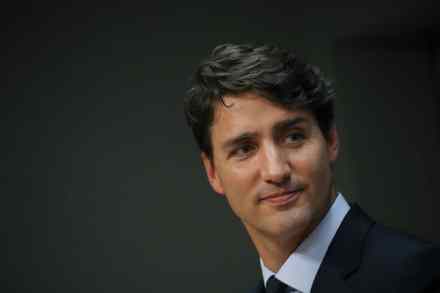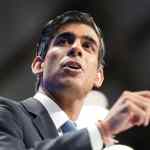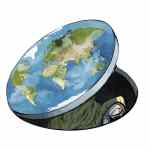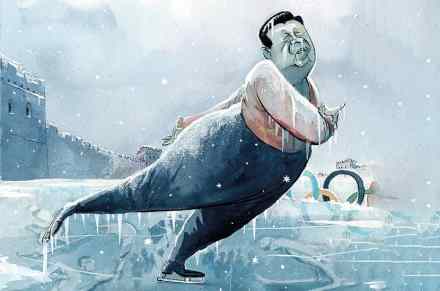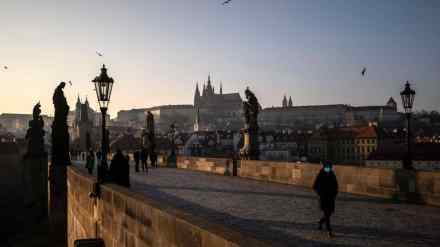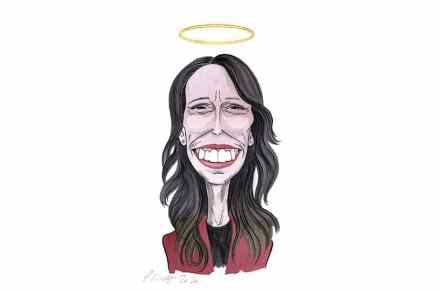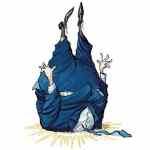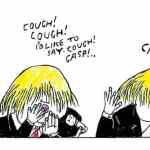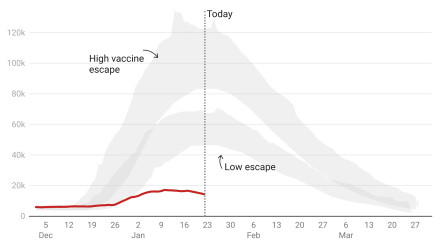Breathe easy: how respiratory viruses evolve to become milder
The Queen has suffered ‘mild, cold-like symptoms’ from her Covid-19 infection, according to Buckingham Palace. The wording reminds us that, except in the very vulnerable, the common cold is always and everywhere a mild disease. There are 200 kinds of virus that cause colds and they hardly ever debilitate healthy people, let alone kill them. Yet we were recently told by the New and Emerging Respiratory Virus Threats Advisory Group (Nervtag) that ‘it is a common misconception that “viruses mutate to cause less severe disease”’. If that is the case, how did all common colds become mild — and why would Covid not do the same? As somebody with a



